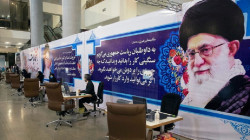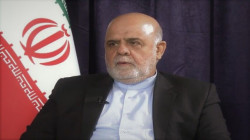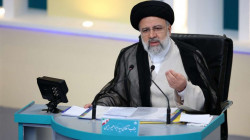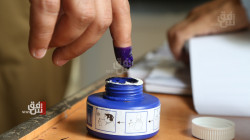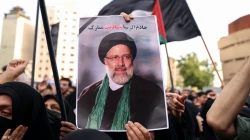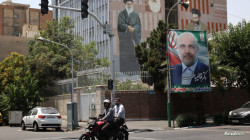Masoud Bazeshkian: The surgeon with a vision for reforming Iran
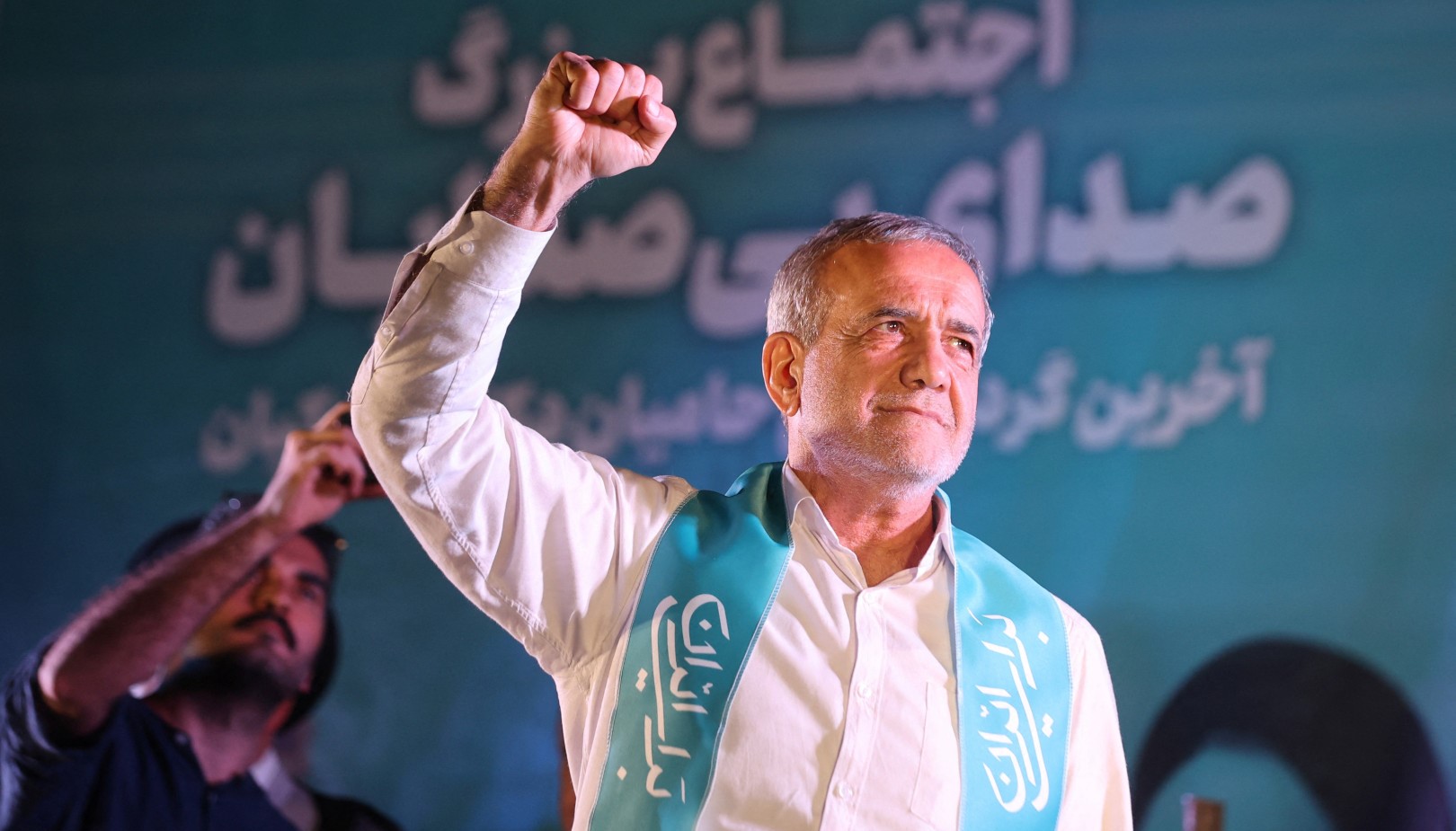
Shafaq News / Iran has entered a new era with the announcement of Masoud Pezeshkian, a surgeon and former minister of Azerbaijani and Kurdish descent on his mother's side, winning the presidential election after a second-round battle against the conservative candidate Saeed Jalili.
As soon as the initial results from the ballot boxes were announced, Pezeshkian addressed the Iranians, saying, "I swear by my honor that I will not leave you alone on this path, so do not leave me alone," promising to extend a "hand of friendship to all, we are all the people of this country."
Pezeshkian's victory came as a surprise to many despite leading the results of the first round held a week ago. Then, he received about 10 million votes, ahead of Jalili, who got 9.4 million votes. The estimates suggested that Jalili would win in the second round as he would gain the votes of conservative voters who had voted for other candidates, especially Mohammad Bagher Ghalibaf and Mostafa Pourmohammadi.
However, this did not happen as Jalili wished, as it seems Pezeshkian managed to attract a larger segment of Iranians who did not vote in the first round. The number of participants rose to more than 30 million voters, with Pezeshkian receiving over 16 million votes, compared to Jalili, who received 13 million votes.
According to the Iranian Ministry of Interior, Pezeshkian received 53.67% of the votes compared to 44.34% for Jalili.
To indicate the success of the reformist camp in attracting hesitant or "gray" voters, the non-final voter turnout percentage so far recorded is 49.8%, compared to just 40% in the first round.
The leaders of Russia, Saudi Arabia, Pakistan, and Syria were among the first to congratulate Pezeshkian.
While the Iranian president does enjoy some powers, the ultimate authority lies with the Supreme Leader Ayatollah Ali Khamenei, who has the final say on all matters of state.
It is too early to say whether Pezeshkian will succeed in overcoming what he described in his speech to the Iranians as "the difficult road ahead of us," but he bets on greater popular attachment to the ruling institution in Tehran by telling Iranians that "the road will not be smooth except with your companionship, sympathy, and trust," a position that certainly reflects the bets of state institutions and their men, especially from the Supreme Leader, who is keen to show the regime's connection to the people as a clear message to the West.
Unlike the "black and white" view of the competitive scene in Iranian elections, Pezeshkian's victory, despite his affiliation with the reformist camp, does not constitute a disruption to the balance of power. Rather, as observers say, it is an attempt to "beautify," so to speak, the image of the authority, directed both internally and externally.
Pezeshkian previously held the health ministry portfolio in the reformist government of former President Mohammad Khatami (2001-2005) and worked within the parliament, serving as Deputy Speaker of the Parliament from 2016 to 2020. He is also a veteran soldier who fought in the Iran-Iraq war, working as both a doctor and a fighter.
During the war with Iraq, he completed a general medicine course and began teaching as well, earning a general surgery degree from Tabriz University in 1990. He headed Tabriz University of Medical Sciences from 1995 to 2001 and entered parliament in 2006, representing East Azerbaijan Province.
In his current electoral battle, he was accompanied by former Foreign Minister Mohammad Javad Zarif, who has criticized the performance of the conservative camp in recent years. Many observers say Pezeshkian's era will be an extension of former President Hassan Rouhani's terms.
In his campaign, he called for radical reforms in the state's administrative system, advocating for better developmental policies in the provinces and focusing on supporting marginalized areas like Kurdistan, Sistan and Baluchestan, and Khuzestan. His stance on the issue of mandatory hijab is less stringent than his conservative competitors.
The quick election occurred after President Ebrahim Raisi died in a helicopter crash in May in Iran's remote northwest, along with Foreign Minister Hossein Amir-Abdollahian and other officials. The lawmaker was the only reformist candidate seeking the highest elected position in the country after numerous other candidates were disqualified from running.
Regarding relations with the West, Pezeshkian advocates improving relations with the West, particularly concerning the future of nuclear negotiations, to alleviate the sanctions' impact on Iranian citizens.
Although Western nations do not expect the election to change their relationship with Iran, they view Pezeshkian as a more favorable candidate compared to his opponent, who would likely have heightened tensions. Former Foreign Minister Javad Zarif, a key ally of Pezeshkian and a reformist who previously oversaw a period of warmer international relations, has been suggested as a potential candidate to return to his former post. Zarif, who was instrumental in the nuclear deal with the US and world powers, remains popular among Iranian youth but faces criticism from hardliners for his amicable stance towards the West. However, Supreme Leader Khamenei's condemnation of improving relations with the West and Pezeshkian's deference to Khamenei on foreign policy matters make Zarif's appointment uncertain.
However, observers point out that the openness to the West has faced two significant setbacks. The first was during Khatami's era, which included Pezeshkian when he called for a dialogue of civilizations and cultures, but the Americans launched the "war on terror" and "encircled" Iran from Afghanistan after its invasion, then from the West after their invasion of Iraq in 2003, raising Iranian concerns and fears, paving the way for the rise of the conservative figure Ahmadinejad to the presidency.
The second setback was the signing of the nuclear agreement in 2015 with the West, which the Trump administration quickly overturned, implementing a policy of maximum sanctions against Tehran.
It seems that whatever direction Pezeshkian takes, its full picture will not become clear until after he forms his government and starts its work. Therefore, the repercussions of the 14th presidential elections in Iran will not be just simple calculations by numbers.
